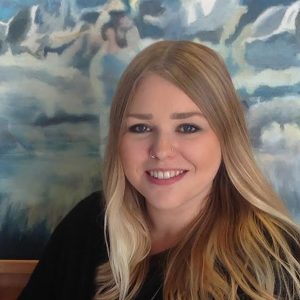 2017 Accelerator Fellow
2017 Accelerator Fellow
Where did you grow up?
Saskatoon in Saskatchewan, Canada.
When/how did you first know that you wanted to be an artist?
I don’t recall one particular moment, but I do remember taking great interest in drawing and other creative activities when I was a child. The desire to be an artist was probably ingrained in me fairly early, thanks to my family’s genuine interest and positive reinforcement. When I was six years old, my parents enrolled me in piano lessons. I hated practicing, and it was a terrible struggle for them to convince me to do so. One day, I asked my mom why she hadn’t just put me in art classes instead. It didn’t take long before my piano lessons were replaced by private art classes at a nearby studio.
Where do you currently live/work, and how would you describe the arts community there?
I live and work in the Bernal Heights neighborhood of San Francisco, an artsy area with a diverse mix of people and many young families. It’s like living in a quaint mountain town that happens to be within the city limits and also a quick walk to the livelier Mission District. San Francisco has a strong arts scene, with many commercial galleries, museums, nonprofit arts organizations, and art schools.
How would you describe your art to someone who’s never seen it?
My current body of work is a series of oil paintings that are based on experimental photography and explore the themes of dislocation, transience, and memory. These works often feature figures in outdoor environments, urban or natural (and sometimes both, overlapping within the same piece), and they utilize traditional glazing techniques to create imagery that is slightly distorted or abstracted.

What do you hope to communicate to your audience?
By referencing unconventional photographic abstractions (such as soft focus, motion blurs, and multiple exposures), I am communicating feelings of depersonalization and nostalgia, which disrupt the ability to understand or categorize time.
Memory can be unreliable; people often have different versions of past events, and moments can often become blurred or distant. My works express the slipperiness of remembered experiences, as well as the anxiety and altered perception of reality that occurs when a memory landmark cannot be secured.
Some of my most recent work explores multiple film exposures and layered photographic references by overlapping combinations of figures, landscapes, and cityscapes in individual paintings. This creates an effect that resembles the process of sorting through or recalling memories, wherein multiple distinct images attribute to the same experience. When we imagine a person or place, for example, we do not think of a single image but rather a constellation of images.
What’s been your biggest business challenge?
The greatest business challenge I currently face is getting my work seen by a wider range of curators and gallery owners. The San Francisco art market can be hard to crack and is really intimidating for someone like me who is still at the beginning of her career. The cost of living here is very high, so I find myself having to hold down several jobs while also pursuing my career as an artist.
Tell us about a business success and what you did to achieve it.
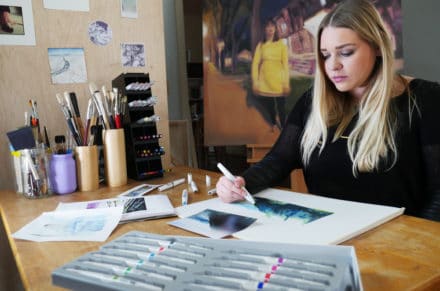
Last year, I made sales through gallery representation in Canada and earned several private commissions, including one of my largest to date, for a traditional life-sized, full-body portrait. These accomplishments were made possible by keeping strong relationships with fellow artists and a network of potential buyers.
In 2015, I was awarded a major grant from the Elizabeth Greenshields Foundation, which is located in Montreal. The foundation provides funding to emerging figurative artists around the world, and this grant has been awarded to artists such as painter Jenny Saville early in her career. I research and apply for opportunities like this one on a regular basis. My husband is a professional grant writer and has given me many tips on how to create strong proposals.
How do you feel about today’s technology (tools for your business, for creating your art, or both), and has it altered your way of doing business?
When I look at successful contemporary artists, technology plays a huge role in their everyday business practices. They are constantly using new technology to market their work and connect with their audience. I try to stay up on new tools and keep some of my social-media channels focused primarily on showcasing my art and its production. Instagram and Facebook provide outlets for the backstory behind my work, allowing the audience to experience more than just the finished piece in the gallery.
What do you think about the state of today’s art market?

It seems as good as ever. There are more opportunities and outlets for artists to market and sell their work, though it can still be difficult to get noticed. It is refreshing, though, to see a number of younger art buyers and collectors because it demonstrates that purchasing original works of art is not a thing of the past.
Give us an example of how you balance studio time with business time.
I try to spend about 20 to 30 percent of my time on the business side—actively searching for new exhibition opportunities, working on grant proposals, updating social media, and managing my finances. I often balance the time within my daily schedule, preserving large periods for the production of my work, and then tackling business matters in between other activities or at night. For example, if I have a two-hour block available, it’s better spent on administrative tasks than getting myself set up in the studio only to have an hour left for painting.
How have you evolved as an artist?
I have been out of school for almost three years now, and in that time I’ve moved quickly to obtain opportunities that can further my art career. To get past the fear of failing, I repeatedly put myself out there; I’ve gotten many rejections but have also achieved some success. During this time, I have continued to develop and refine my painting techniques and concepts.
How have you evolved as an entrepreneur?
While in graduate school, entrepreneurship was not one of my primary concerns, so it’s been a steep learning curve. San Francisco is a tough market, but with the skills I’ve gained through CHF’s classes and my own experience, I am learning what it takes to market and sell my work, and develop a sustainable practice.
I am constantly evaluating my business practices to look for ways to strengthen them, and I seek the advice and input of fellow artists and creative professionals. I have realized that the more I improve my entrepreneurial skills, the more I am able to pursue my creative passions.
What role do artists play in our society? What role SHOULD they play?
Artists play a key role in building a society’s collective memory and cultural identity. Artists are able to conserve the emotions, feelings, and truths associated with historical events or singular moments in a way that fact-based historical records cannot. They provide a political voice and speak up for those who are oppressed. Art can bring societies together and has positive effects on the people that participate in making and viewing it. As art funding and freedom of expression are threatened, artists must continue to be seen and play an even bigger role in society.
For more information on Kristen Brown, see her official CHF bio.



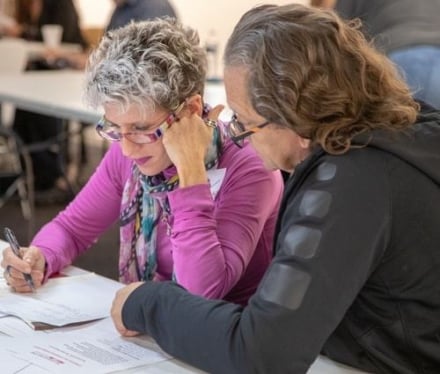

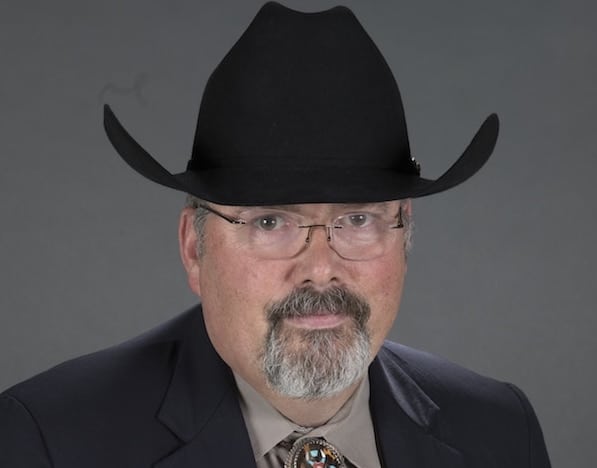
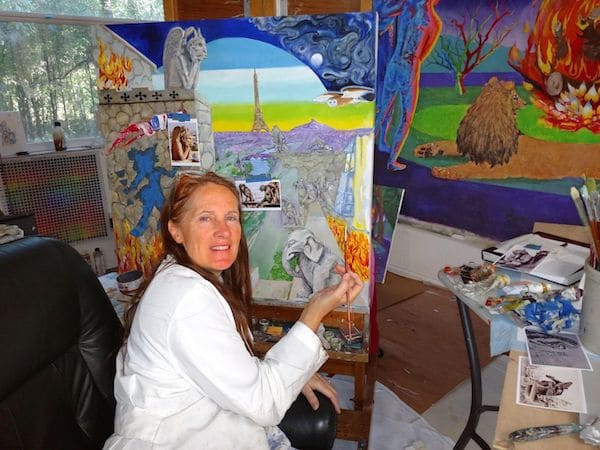
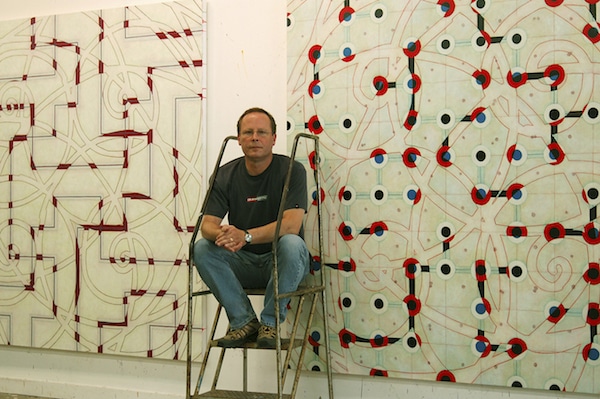
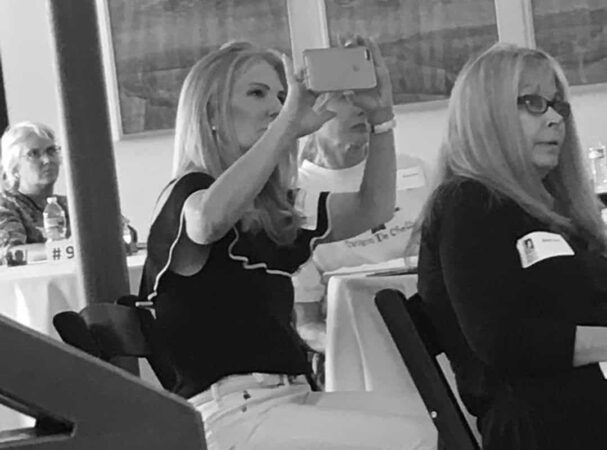
Thank you Sofia for writing such a wonderful acticle. I am one proud mom.
You’re welcome, but it’s your daughter’s thoughtful answers that make this piece what it is.
Kristen is my niece. What a wonderful article. So well done, very articulate. You gave Kristen a lot of space to express herself. I really enjoyed reading this. Thank you.
Glad you enjoyed it. Kristen and the rest of the Fellows are indeed an inspiring bunch. All of us at CHF are happy to support their efforts.